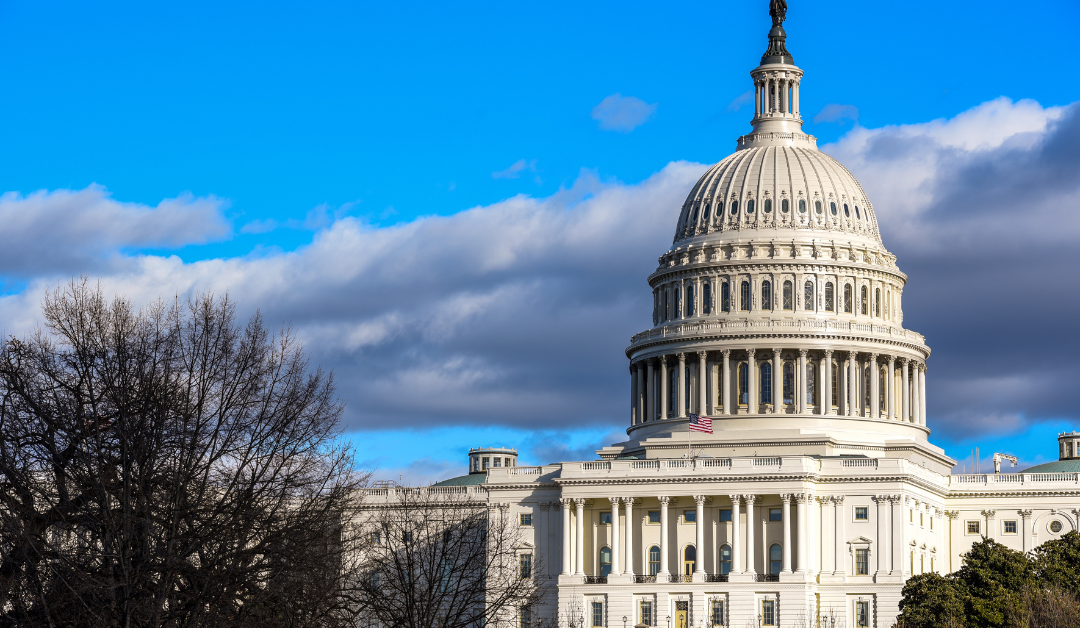Last week, clinical lab experts and stakeholders were called before a Congressional subcommittee to continue the debate on the U.S. Food and Drug Administration’s (FDA) proposal to expand oversight of laboratory developed tests (LDTs). Discussion throughout the hearing centered on the potential implications of subjecting LDTs to additional scrutiny under FDA regulation, with testimonies from various experts shedding light on the advantages and drawbacks of this new proposed regulatory framework.
For more background on the ramifications of this proposal, feel free to check out our recent webinar and the following resources:
- Unpacking the FDA’s Proposed Rule for LDTs (webinar recording)
- FDA’s Proposal to Regulate LDTs Vulnerable to a “Major Questions” Challenge (via the FDA Law Blog)
Below is a breakdown of the key points raised during the hearing:
Congressional Perspectives from the House Committee on Energy and Commerce:
- Mr. Brett Gutherie and Ms. Anna Eshoo:
- Rep. Gutherie (R-KY) expressed opposition to the FDA’s proposal, citing concerns about its potential adverse effects on innovation and patient care, especially in rural areas. He emphasized the numerous benefits of LDTs, such as cancer detection and toxicology drug testing, and said he has concerns about disincentivizing new testing developments.
- Rep. Eshoo (D-CA) supported the FDA’s intent for more rigorous review of tests but questions the suitability of the FDA 510K pathway, advocating for alternative solutions like the VALID Act. She reinforced support for the importance of accurate tests while also expressing reservations about the specific approach outlined in the FDA’s proposal.
- Mrs. Cathy Rodgers and Mr. Frank Pallone:
- Rep. Rodgers (R-WA) said she fears that FDA oversight would stifle innovation and pose hurdles to patient care, criticizing the agency’s approach overall. She expressed concern about the potential adverse effects on patient access to tests and innovation in the diagnostics field.
- Rep. Pallone (D-NJ) reinforced the importance of test accuracy, particularly in light of emerging technologies like AI, and highlighted the need for stringent regulatory measures in the wake of incidents like Theranos. He said he has concerns about the quality and accuracy of some LDTs and supports measures to ensure patient safety.
Testimony from Expert Witnesses:
- Susan Van Meter’s, President, American Clinical Laboratory Association (ACLA) – Opposition to FDA Oversight:
- Van Meter opposed FDA oversight due to concerns about its potential adverse consequences. She argued that subjecting LDTs to medical device regulation would impede innovation, limit access to tests, increase healthcare costs, and exceed the FDA’s statutory authority. Van Meter advocated for legislative action as an alternative approach to regulating laboratory diagnostics, emphasizing collaboration between stakeholders.
- Zach Rothstein, Executive Director, AdvaMedDx – Advocacy for FDA Oversight:
- Rothstein supported FDA oversight as part of broader regulatory reform efforts. He advocated for a unified oversight program overseen by the FDA, tailored review standards for diagnostics, transparency, and a risk-based approach. Rothstein emphasized the importance of regulatory certainty and a clear landscape for fostering innovation in diagnostic tests.
- Donald Karcher, President, College of American Pathologists (CAP) – Concerns and Advocacy for VALID:
- Karcher warned against the proposed rule’s potential adverse effects. He said that ending enforcement discretion for all LDTs and adopting the existing FDA framework for their regulation would stifle medical innovation, increase regulatory burdens, and hinder patient access to vital testing. Karcher instead advocated for a reasonable and balanced regulatory framework for LDTs, supporting the three-tiered risk-based system proposed by the VALID Act.
- Jeff Allen, President & CEO, Friends of Cancer Research – Endorsement of FDA Oversight:
- Allen stressed the importance of FDA regulation in ensuring the quality and reliability of diagnostic tests. He said he supports the modernization of regulatory frameworks like the VALID Act to establish consistent oversight across all diagnostic testing technologies, including LDTs. Allen also underscored the need to prevent potential patient harm through regulatory measures that address concerns about test quality, accuracy, and reliability.
- Dr. Dara Aisner’s Opposition to FDA Oversight:
- Aisner expressed concerns about the potential impact of FDA oversight on academic and hospital-based labs’ ability to deliver timely care. She proposed alternatives such as CLIA modernization and enhanced proficiency testing to address regulatory concerns without overburdening labs or the FDA. Aisner also highlighted the importance of preserving access to essential tests and minimizing costs for patients, particularly in academic and hospital settings.
Looking Ahead
While some lab stakeholders continue to advocate for FDA regulation of LDTs as the best path forward to ensuring diagnostic accuracy, those who prefer a CLIA overhaul or alternative approach have raised valid concerns about the potential of the FDA to stifle innovation and testing access through an overly burdensome approach. As policymakers deliberate on the best approach, it’s crucial to consider a balanced regulatory framework that promotes innovation while ensuring patient safety and access to timely, accurate diagnostics.
